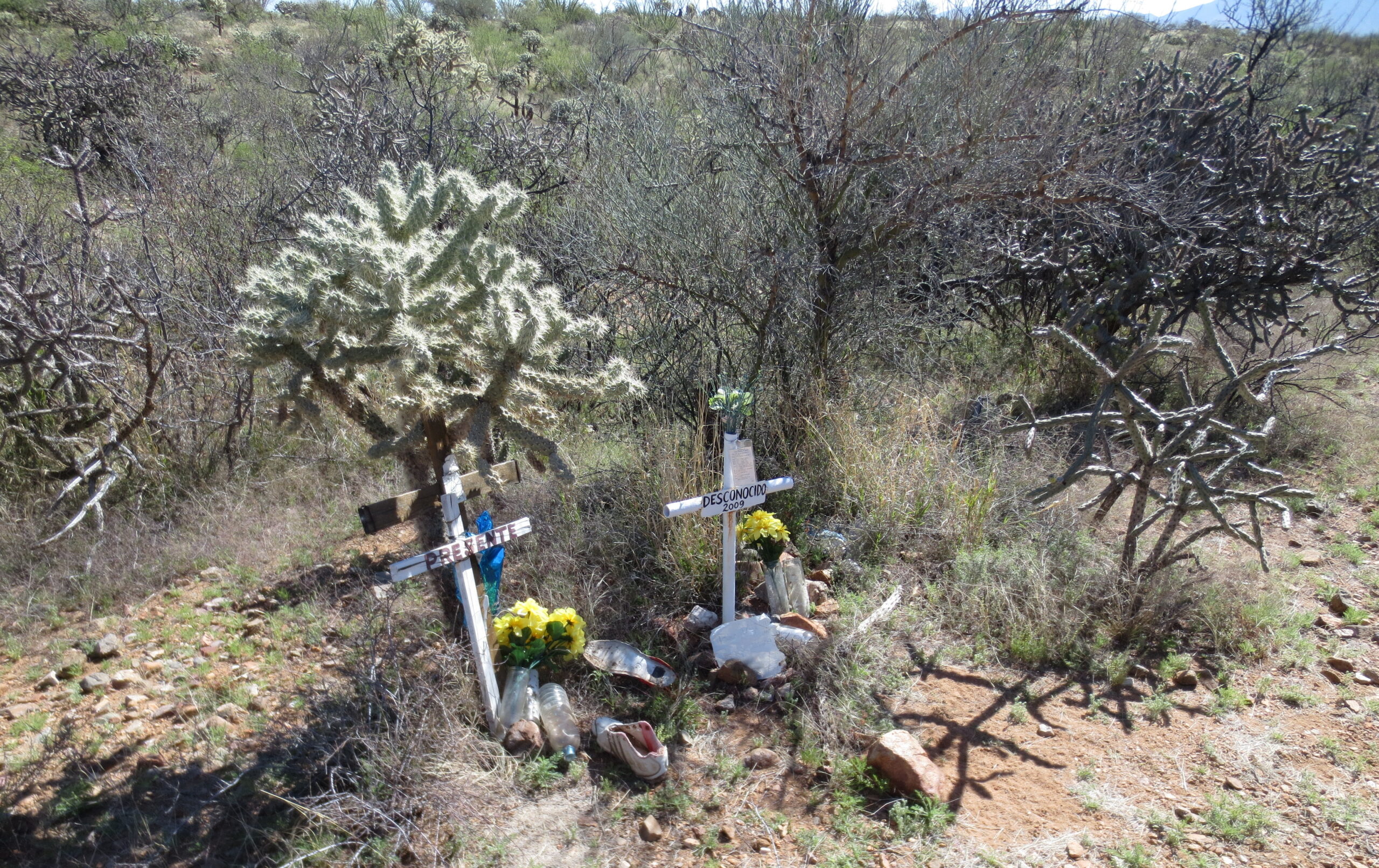Advance Reading
Members of the group should read the Introduction and Chapters One and Two of This Changes Everything.
-
Opening Words
A Prayer for This Time, By Joshua Leach
To all who are parched and thirsty
We wish you water.
To all who are storm-tossed and
Weather-weary
We wish you calmer skies.
To all who are hungry because
The river did not run
Or because it ran too much
We wish you food.
To all who have no roofs
To all who have no walls
We wish you shelter.
To all the beings on the receding shore
To all the creatures of the churning seas
To all the airborne in the darkening skies
We wish you peace and safety. -
Gather
After a brief pause, please invite participants to introduce themselves. Ask them to share their name, where they come from, and something about their experience so far working on climate justice and/or their hopes for activism in the future.
-
Discussion
In the Introduction, Naomi Klein describes the insight that first led her to the book’s thesis. She writes: “I began to see all kinds of ways that climate change could become a catalyzing force for positive change—how it could be the best argument progressives have ever had […] to end grotesque levels of inequality within our nations and between them.”
- How do you feel about this idea? Does Klein’s thesis strike you as plausible?
- Do you think creative forces sometimes arise out of destructive ones? Why or why not?
Please invite a member of your group to read aloud:
“In Chapter One, Klein discusses some of the organizations and funders most aggressively denying climate change. She argues that they are driven by the awareness of the inextricable links between capitalism and fossil fuels. She writes, “They know very well that ours is a global economy created by, and fully reliant upon, the burning of fossil fuels and that a dependency that foundational cannot be changed with a few gentle market mechanisms. It requires heavy-duty interventions: sweeping bans on polluting activities, deep subsidies for green alternatives, pricey penalties for violations, new taxes, new public works programs, reversals of privatizations – the list of ideological outrages goes on and on…”
- What arises for you emotionally when you consider this claim that our whole economic system would have to change in order to meet the challenge of climate change?
- Do you agree with Klein’s argument?
Please have someone from the group read the following quotation, from the end of Chapter One:
“The [climate change] deniers, and the ideological movement from which they sprang, won the battle over which values would govern our societies […. ]Denigration of collective action and veneration of the profit motive have infiltrated […] our very souls… Inside each of us dwells a belief in their central lie—that we are nothing but selfish, greedy, self-gratification machines. And if we are that, then what hope do we have of taking on the grand, often difficult, collective work that will be required to save ourselves in time? This, without a doubt, is neoliberalism’s single most damaging legacy: the realization of its bleak vision has isolated us enough from one another that it became possible to convince us that we are not just incapable of self-preservation but fundamentally not worth saving.”
UU values seem to stand in stark contrast to this “most damaging legacy,” as Klein describes it.
Please invite one or more participant to read these points aloud:
- The Unitarian movement from its beginning defined itself by its rejection of the idea that human beings are inherently and totally “depraved” or, as Klein would put it, the idea “that we are nothing but selfish, greedy, self-gratification machines.” The Unitarians insisted instead that human beings, while imperfect, are capable of doing good in the world.
- The Universalists believed that salvation embraces all beings, rather than just a chosen few. They taught that because all people are beloved by God, all people – inherently, fundamentally — areworth saving.
- The legacy of these ideas is still embodied in our religious movement today, including in our first principle, that of the “Inherent worth and dignity of all people.”
Drawing on the chapters you just read, please reflect together on the following questions:
- What might we lift up as a Unitarian Universalist story about human capacity, human nature, and the collective human destiny that is different from the “most damaging legacy” Klein describes?
- Based on the teachings of our faith, in what ways do you think UU values could or should help shape and sustain a better response to climate change?
Before offering the closing words, invite people to share a word or phrase that describes their feelings after today’s discussion of the book.
-
Closing Words
“My Heart is Moved” By Adrienne Rich
My heart is moved by all I cannot
save:
So much has been destroyed
I have to cast my lot with those
who, age after age,
perversely, with no extraordinary
power, reconstitute the world. -
Reading for Next Session
Members of the group should read the section from Chapter 3, “Rebuilding, and Reinventing, the Public Sphere,” the section from Chapter 4, “Not an Issue, a Frame,” and all of Chapter Five of This Changes Everything.
